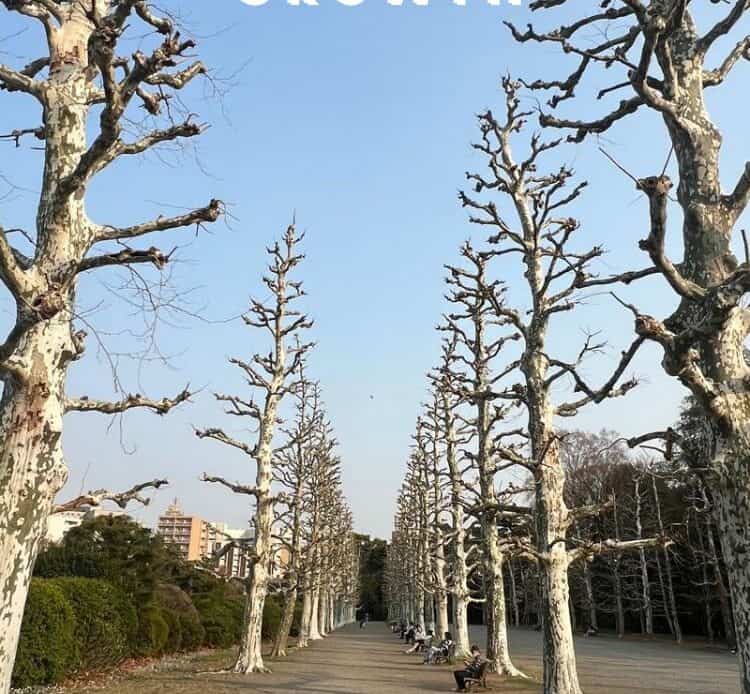
Life moves fast. Too fast. One day blends into the next, and before we know it, we’re coasting on autopilot – waking up, working, scrolling, sleeping, reacting to the same triggers, and repeating. Days turn into weeks, weeks into months, years, and the life we imagined for ourselves feels just out of reach. Before we know it, we’re living a life that happened to us, not one we chose.
But what if growth isn’t just a byproduct of time but a garden that thrives when nurtured with intention?
Growth doesn’t happen by accident. It isn’t a passive side effect of existing. It’s a choice. A conscious, deliberate act. And if we want to break free from default living, we have to live with intention.
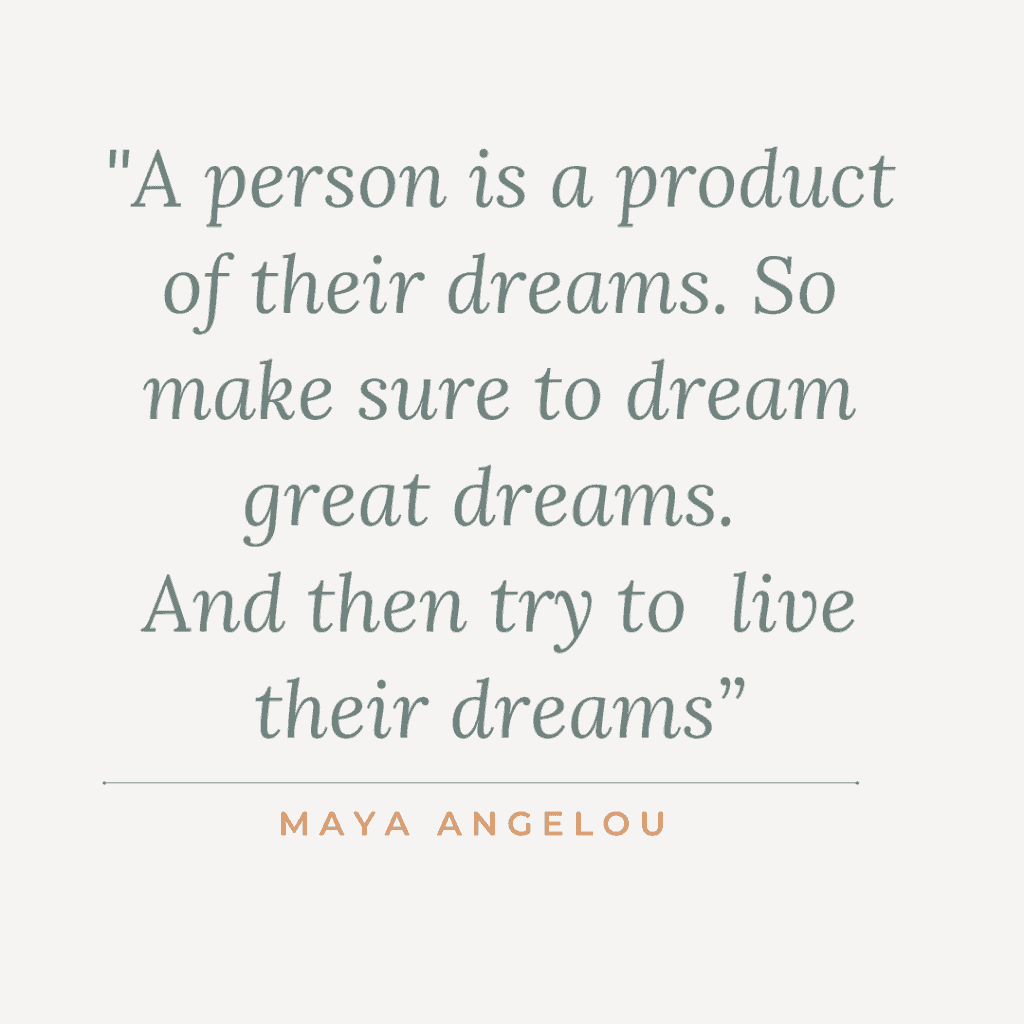
Defying Default Living
The Myth of Automatic Growth
Life has a way of lulling us into autopilot – a routine where days blur together, and we assume that mental, spiritual, and emotional growth will simply happen as time passes. That aging automatically guarantees wisdom. That experience alone makes us stronger. That life itself will shape us into better versions of ourselves.
But growth doesn’t work that way.
A tree doesn’t grow just because the years pass; it needs sunlight, water, and deep roots. And you don’t grow wiser, braver, or more fulfilled just because time moves forward.
You grow because you choose to. Because you break free from default living, challenge the status quo, and steer your life with purpose. True growth isn’t passive. True growth is intentional.
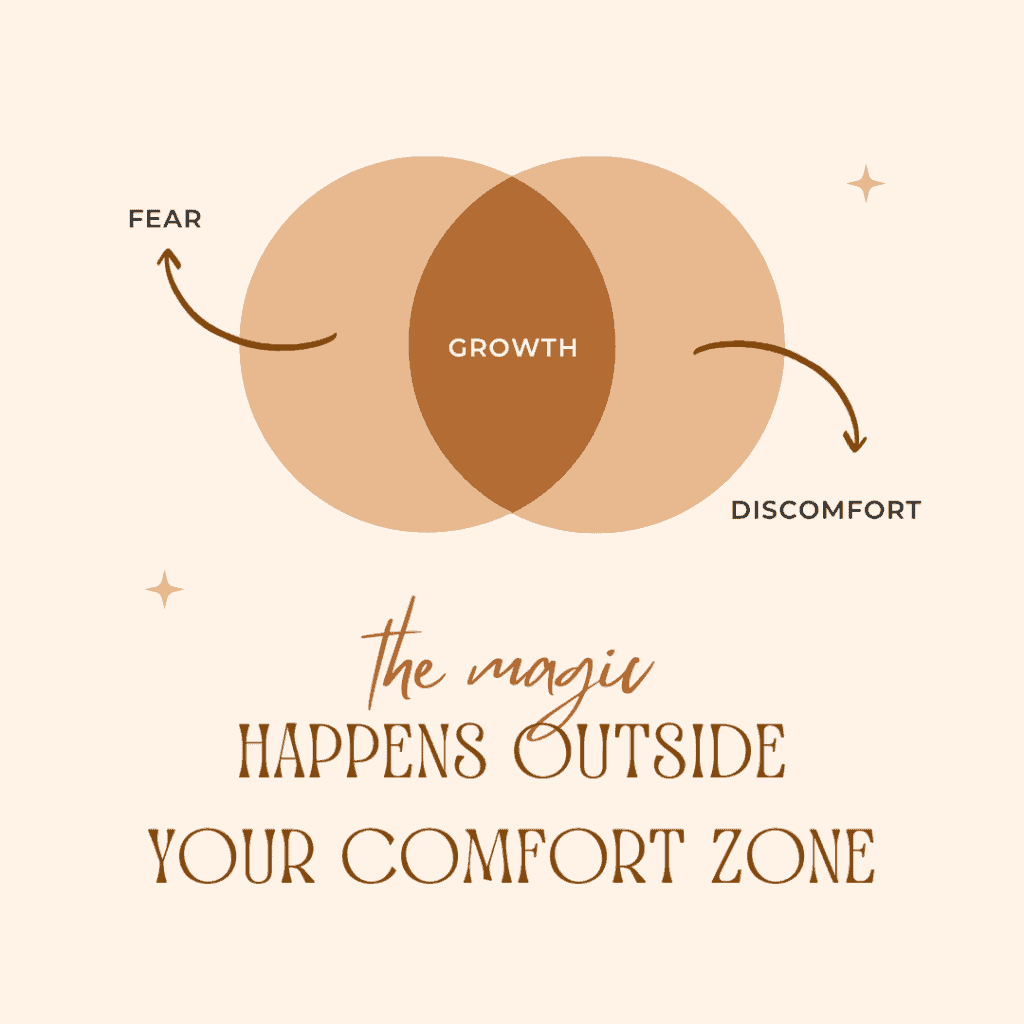
The Default Mode Trap: Why We Stay Stuck
Our brains are wired for efficiency. They crave routine, familiarity, and the path of least resistance. That’s why we so easily slip into:
🔹 Comfort over courage: Staying in jobs, relationships, and mindsets long after they’ve stopped serving us.
🔹 Conformity over curiosity: Following society’s predefined script for life: education, career, family; instead of asking, “What do I truly want?”
🔹 Reaction over reflection: Letting life dictate our path rather than pausing to ask, “Am I actually headed where I want to go?”
Default mode is easy; but it’s also a slow fade into a life half-lived.
We assume that growth just happens; that time alone will make us wiser, stronger, and more fulfilled. But the truth is that while our bodies grow effortlessly, our minds, emotions, and spirits don’t.
Real growth requires effort. It demands disruption. It thrives on discomfort – which lies outside our comfort zone, requiring us to intentionally step into the unknown and embrace challenges.
And that means stepping off autopilot and choosing to take control.
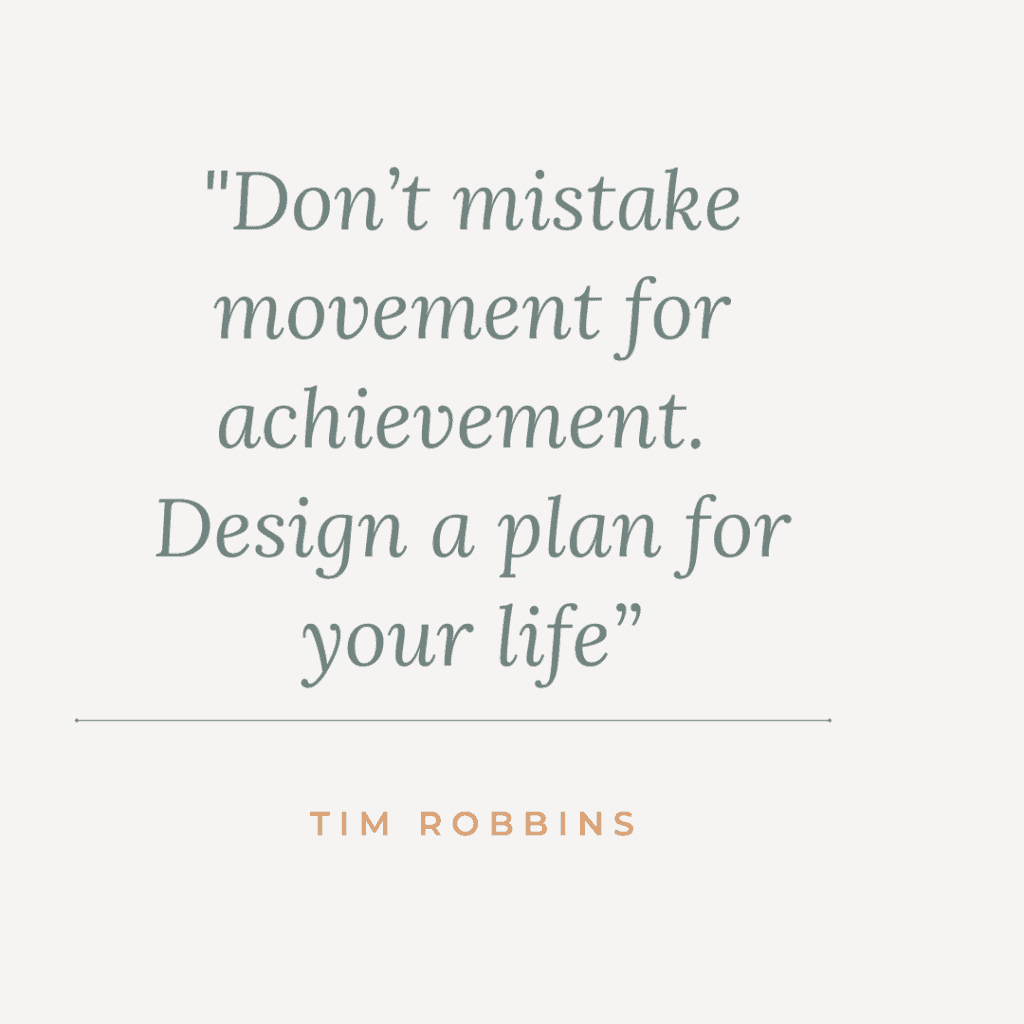
The Growth Myth: Why Time Alone Won’t Change You
Many of us believe that simply moving forward in life will make us wiser, stronger, and more fulfilled. That with enough time, growth will just happen.
But growth isn’t a passive process. Time alone doesn’t shape you – what you do with that time does.
Think about it:
🔹 Reading a book won’t make you wise – applying its lessons will.
🔹 Facing hardship won’t make you resilient – choosing to learn from it will.
🔹 Simply existing doesn’t mean you’re truly living – intentionality does.
Also Growth Requires Ownership
Physical growth happens naturally, but mental, emotional, and spiritual growth? That’s a choice. A process that demands active participation and commitment.
Your personal development demands proactive engagement. You don’t become the best version of yourself by default – you become it by design. By questioning, learning, stretching beyond comfort, and showing up with intention.
Growth isn’t a guarantee. It’s a commitment. And the choice to evolve is always yours.
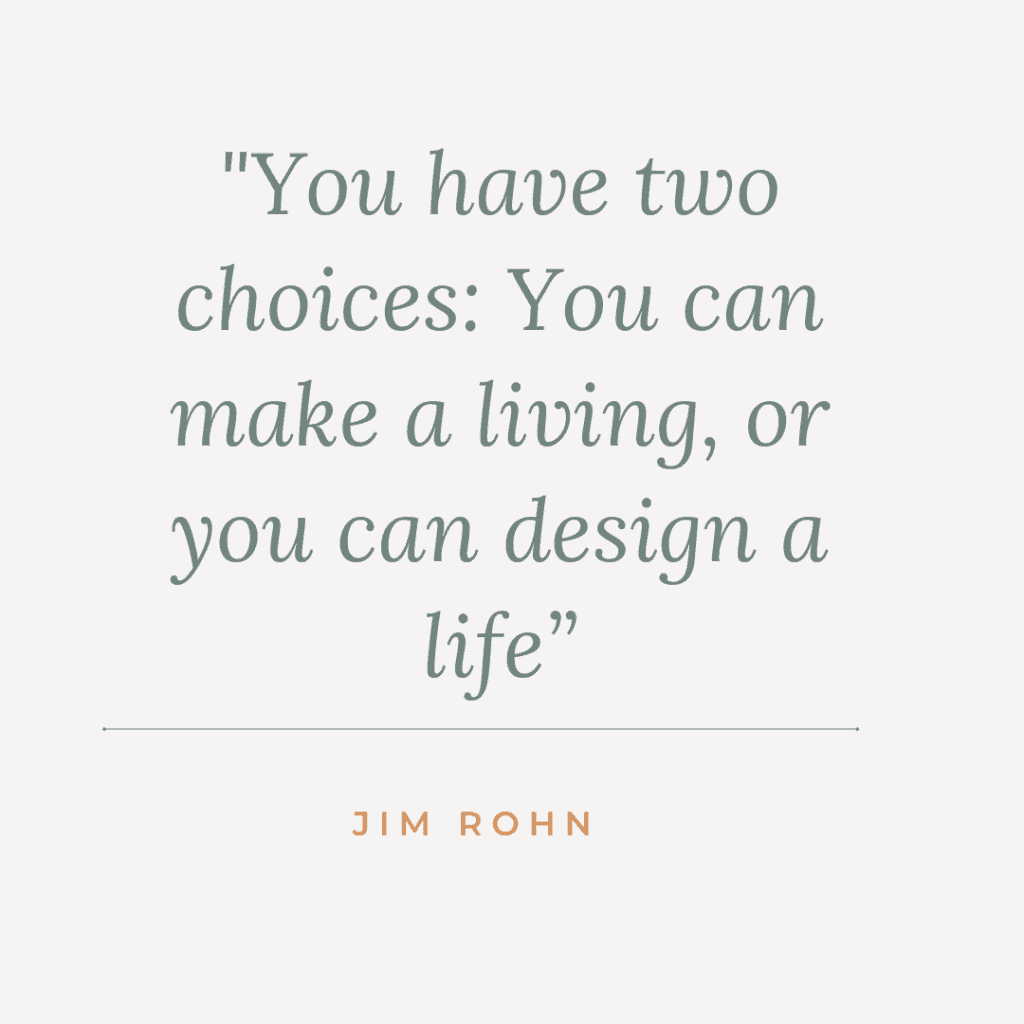
The Power of Intentionality: The Key To A Meaningful Life
Living with intention means shifting from reaction to direction – from drifting through life to actively shaping it. It’s the quiet rebellion against passive existence and being the author of your story. It is the decision to:
🔹 Wake up instead of sleepwalking through routine.
🔹 Design your life instead of drifting aimlessly.
🔹 Choose your path instead of conforming to expectations.
Intentionality is choosing: Growth over comfort, Purpose over routine, Mindfulness over mindlessness, and Alignment over autopilot.
It’s not about sweeping, dramatic changes. It’s about small, deliberate actions; steering just one degree at a time until your course leads somewhere entirely new. Because a meaningful life is something you create, choice by choice.
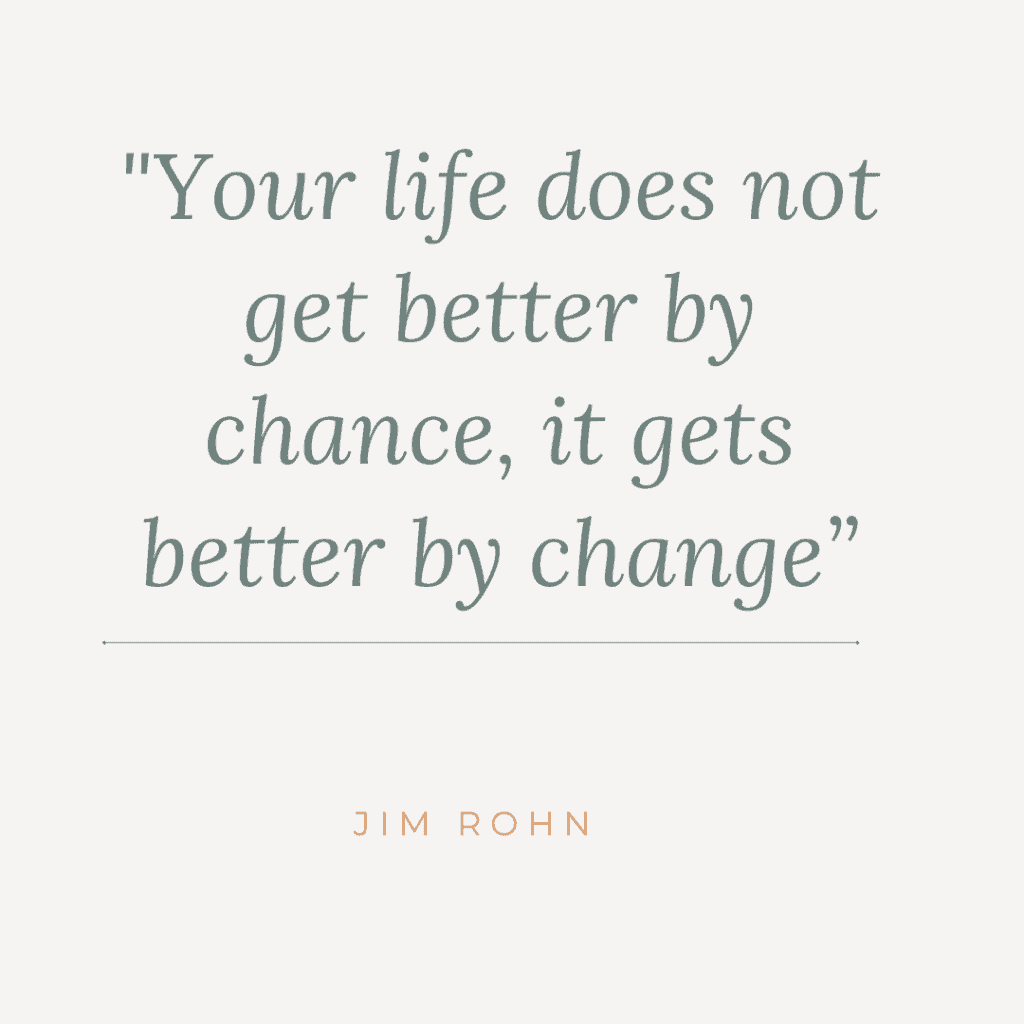
How To Challenge the Default Mode and Embrace Intentionality
Living with intention isn’t about making drastic changes overnight. It’s about making small, deliberate shifts that align your life with your true desires. Here’s how to start:
Ask The Hard Questions
Growth begins with self-honesty. Take a moment to ask yourself:
- Am I living by default or intentionally?
- If I were truly brave, what would I do today?
- What narrative would I like my life to tell?
Clarity starts when we dare to question.
Identify And Rewrite Your Patterns
Notice where you’re operating on autopilot – your habits, routines, and reactions. Where are you just going through the motions?
- Swap mindless scrolling for 10 minutes of journaling.
- Replace knee-jerk reactions with a pause and deep breath.
- Trade “someday” thinking for “What’s one small step I can take today?”
Awareness is the first step toward change.
Define Your Goals with Clarity
Vague goals lead to vague results. Instead of hoping for growth, map it out:
- What do you want in your career, relationships, and personal development?
- What small, actionable steps will get you there?
- How will you track progress and adjust along the way?
A goal without a plan is just a wish – make yours a strategy. Goal setting will help you break down your personal and career goals into manageable steps, creating a roadmap for your journey. You can then regularly assess your progress and make adjustments.
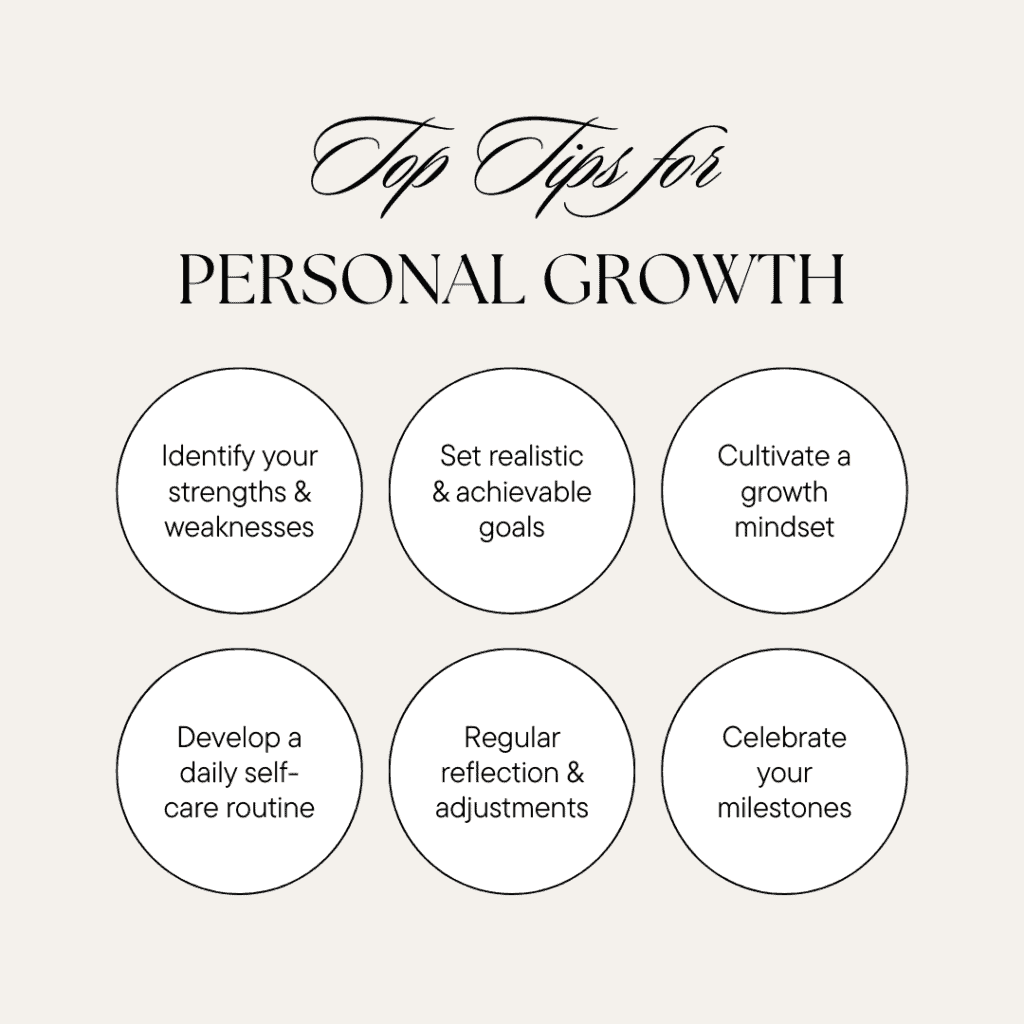
Embrace Discomfort As A Growth Tool (On Purpose)
Real transformation doesn’t happen in comfort zones – it happens at the edges of what feels uncertain.
Growth lives just beyond the edges of what’s familiar. So:
- Have the difficult conversation.
- Seek out challenges.
- Take the leap, and lean into the discomfort of learning, stretching, and evolving.
- Choose a mentor, a coach, a course or even reading a book.
- Try the thing that excites and terrifies you.
- Let go of what’s comfortable to make space for what’s extraordinary.
Surround Yourself with People Who Challenge And Elevate You: Accountability Partnerships
Growth isn’t a solo journey; it’s shaped by the company you keep. Surround yourself with people who:
🔹 Ask “Why not?” instead of “Why?”
🔹 Push you toward evolution, not just comfort.
🔹 Reflect back the life you want, not just the one you’ve settled for.
Find accountability partners who inspire action, offer honest feedback, and remind you of your potential when doubt creeps in. Share insights, swap experiences, and support each other in breaking free from autopilot. Because when you walk alongside intentional minds, you grow in ways you never could alone.
Make Reflection And Mindfulness A Daily Practice
Life moves fast, but growth happens when you pause. Each day, take a moment to ask yourself:
🔹 Are my actions aligned with my values?
🔹 Am I truly present, or just going through the motions?
Mindfulness isn’t about perfection – it’s about awareness. It’s about making small, intentional shifts, adjusting your course, and staying connected to what truly matters. Because when you slow down and tune in, you don’t just move through life – you shape it, one conscious choice at a time.
Intentional living isn’t about perfection – it’s about presence. It’s about making conscious choices, one small shift at a time, until suddenly, you look around and realize… you are exactly where you’re meant to be.
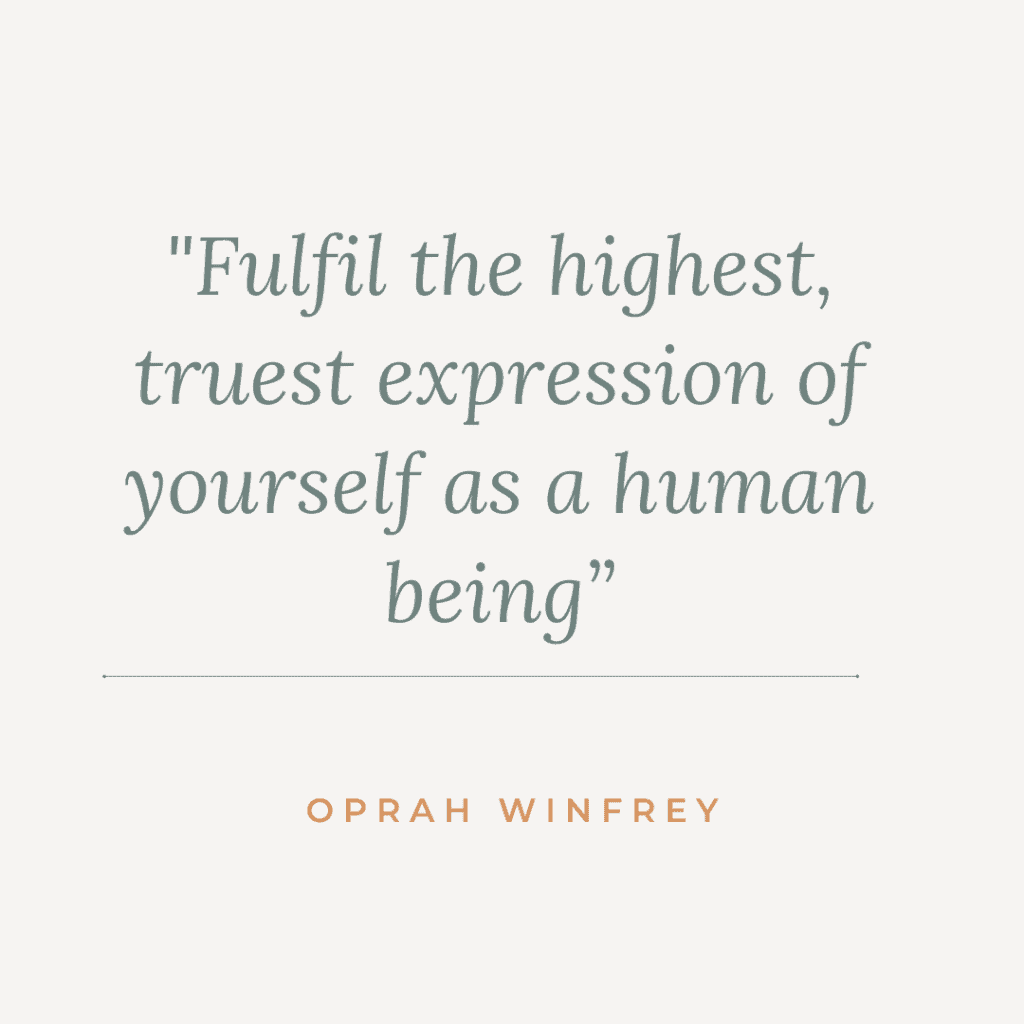
Related Posts:
- 80 Intentional Living Quotes to Design A Life You Love
- The Power of Values in the Path to Happiness
- 29 Ways To Develop a Growth Mindset in Young Individuals
- The Power of Values: Transforming Your Life from Within
- Principles: The Unshakable Core of Every Great Decision
- The Best Guide To Mastering The Art Of Goal Setting
- A Complete Guide to Cultivating Joie de Vivre in Everyday Life
- Be Bold, Brilliant & Unstoppable: Inside the Empowered to Lead 2025 Conference
- How To Become A Total Entrepreneur: Ebele Obi’s “Just Go Further” Guide
The Revolution of Intentional Living
In a world that glorifies busyness and measures success by external achievements, choosing to live with intention is a radical act. It’s a bold declaration that you are the captain of your ship.
Intentional living isn’t about rejecting routine – it’s about infusing every moment with purpose. It’s about stepping off autopilot, questioning the script handed to you, and actively shaping a life that aligns with your values, dreams, and deepest aspirations.
It is about having a life where you’re not just existing, but thriving; a life where every choice reflects who you truly are; and a life where growth isn’t left to chance, but is deliberately pursued.
Growth doesn’t happen automatically. It’s a choice. And that choice is yours.
So, what’s one intentional change you’re ready to make in your life? Drop it in the comments, I’d love to hear!
If this message resonates with you, share it with someone who needs the reminder. And remember; be intentional, be present, and be grateful.
Thank you for being a VCC reader.

